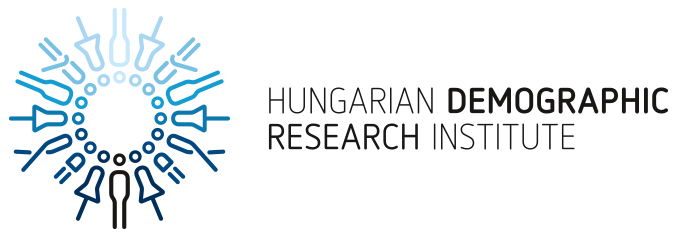Mapping societal developmental hierarchies in Europe: A Bulgarian perspective
Abstract
In a comparative framework this paper examines how ordinary citizens in Bulgaria view the developmental levels of European countries and certain states outside of Europe. It analyzes how Bulgarians scale countries on development and how that scale is related both to historical discourses about a civilizational slope from east to west in Europe, and to contemporary linear measurements of societal development and economic well-being. The paper also assesses what internal mechanisms this hierarchical understanding of development may have and how it may be related to national identities. We also consider how the views of the developmental hierarchy vary across subgroups of Bulgarian respondents. The empirical data for this paper come from a 2009 nationally representative survey of Bulgarian adults. Each respondent was asked to rate European countries and certain countries outside Europe on their levels of development. We analyze how ordinary Bulgarians rate countries on development and consider whether their assessments form a descending slope from west to east. We also link the assessments of ordinary Bulgarians to assessments of development made by outside agencies such as the United Nations and to GDP per Capita in order to see how the ratings of international organizations and the evaluation of ordinary Bulgarians are related.

